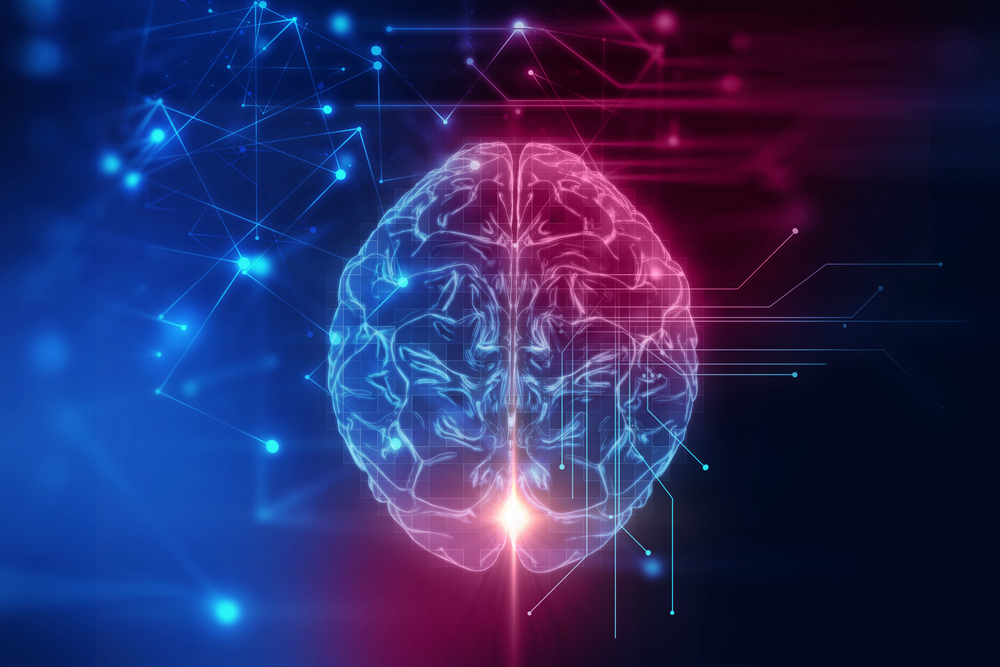Minimizing the Risks of Traumatic brain injury
As We Discover More, We May Need To Be More Careful: New “Beehive Theory” asserts germs may cause the late damage in traumatic brain injury, says Dr. Leslie Norins
Now, there is new information that shows microbes may be responsible for the deterioration in brain function seen years after participation in sports like soccer … asserts Leslie Norins, M.D., Ph.D. in his new “Beehive Theory.”
What is TBI?
A bit of background first: Traumatic brain injury (TBI) is a serious problem.

According to the Center For Disease Control (CDC) TBI is caused by a bump, blow, or jolt to the head that disrupts the normal function of the brain. Not all blows or jolts to the head result in a TBI.
Concussions in Football and Soccer Can Lead to the Brain Injuries in Kids.
While this is nothing new, it is still shocking that an estimated 2 million kids visited Hospital Emergency Rooms for traumatic brain injuries from sports and recreation-related activities between 2010 and 2016, according to recently released federal study. Researchers from the Centers for Disease Control and Prevention reviewed information from the National Electronic Injury Surveillance System–All Injury Program.
U.S. Soccer launched its Concussion Initiative in 2016 and it has raised awareness of the problems of head injuries. The healthy attitude, “Recognize to Recover” is designed to improve player safety.
“As the science of evaluating and managing concussions has advanced, key findings emphasize the need for education of players, their families, coaches, medical staffs and the public at large on the signs and symptoms of concussion. There is also a critical need for early identification and proper management of a concussion,” states U.S. Soccer.
The Beehive Theory: Role of Microorganisms in Late Sequelae of Traumatic Brain Injury and Chronic Traumatic Encephalopathy
“The label, “The Beehive Theory”, is drawn from the well-known fact that disturbing a tranquil beehive with a blow can cause a swarm of angry bees to exit their dwelling place and attack nearby humans. Similarly, an impact to the head can initiate dislocations and disruptions in the microbiota present in the brain and body,” Norins writes in the Beehive Theory.
Dr. Norins says the crucial underpinning of his theory is that scientists have found the normal human brain is not

This formulation was recently published in the peer-reviewed medical journal, Medical Hypotheses.
Note: The severity of a TBI may range from “mild” (i.e., a brief change in mental status or consciousness) to “severe” (i.e., an extended period of unconsciousness or memory loss after the injury). Most TBIs that occur each year are mild, commonly called concussions. TBI is a major cause of death and disability in the United States. Those who survive a TBI can face effects that last a few days or the rest of their lives. These issues not only affect individuals but also can have lasting effects on families and communities.
Read more on Traumatic Brain Injury & Concussion
Dr. Norins is the CEO of Alzheimer’s Germ Quest, Inc, which encourages research on infectious agents as triggers of Alzheimer’s disease. He became interested in TBI after reading that microbes were present in even normal brains. This situation seems to have been overlooked thus far in most TBI research, he says. “Hopefully, brain trauma researchers will now begin to study these new facets. It’s possible we could get for TBI a simple blood test, an antibiotic, an anti-inflammatory, or even a vaccine,” he says.
Alzheimer’s Germ Quest, Inc. is a public benefit corporation headquartered in Naples, Florida. It sponsors the $1 million Challenge Award for the scientist who persuasively proves that a microbe causes Alzheimer’s disease, and encourages research on this possibility. It neither seeks nor accepts outside donations.





